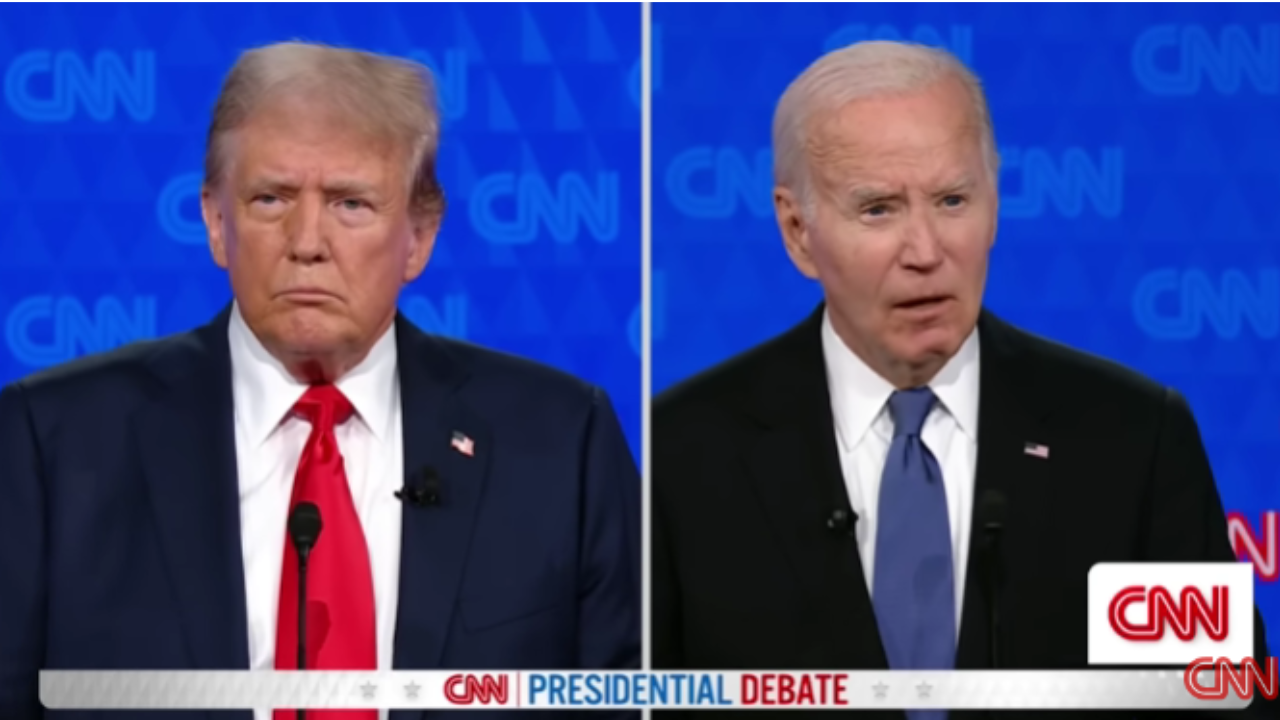Key takeaways:
- The University of Pennsylvania’s Media Bias Detector used OpenAI’s GPT-4 to detect any media bias in the news coverage of the Biden-Trump debate.
- It found that more than half of the post-debate articles focused on Biden’s age while “far less attention” was given to Trump’s falsehoods.
- Fox News and Breitbart drove most of the slanted Biden coverage, with The Washington Post coming in third. Least focused on age were The Wall Street Journal and Associated Press.
News coverage of the June 27 presidential debate between President Joe Biden and former President Donald Trump showed that more than half of the articles focused on Biden’s age.
But “far less attention” was given to Trump’s “false statements, according to the Media Bias Detector, an analytical tool that uses OpenAI’s GPT-4 created by the University of Pennsylvania’s School of Engineering and Applied Science.
Post-debate coverage on June 28 and 29 showed that 102 out of 197 news articles focused on Biden’s age, with even more referring to it indirectly, according to a university blog post. A team of researchers led by Professor Duncan Watts used AI to analyze the coverage.

Conservative news outlets Fox News and Breitbart had the most articles focusing directly on Biden’s age – meaning Republican talking points dominated – while The Wall Street Journal and Associated Press had the least. The Washington Post had the third most articles on Biden’s age.

Fact-checking Trump
Conversely, all this attention to Biden’s age means Trump’s false statements did not get much coverage, according to the university. The following table shows the top five most repeated facts and how many articles they were mentioned in.

Digging deeper, more than twice as many sentences referred to Biden’s age than Trump’s falsehoods.

The team at UPenn also took all the quotes from the debate and counted how many times each showed up in news articles. They found the top two came from Trump, dinging Biden.

The UPenn team concluded that they found “substantial differences” in the way the media reported each candidate’s performance in the debate. “We encourage readers to exercise caution when relying on the news cycle to form an opinion about such events. And we encourage journalists to be more impartial in what they choose to highlight when they cover them.”

